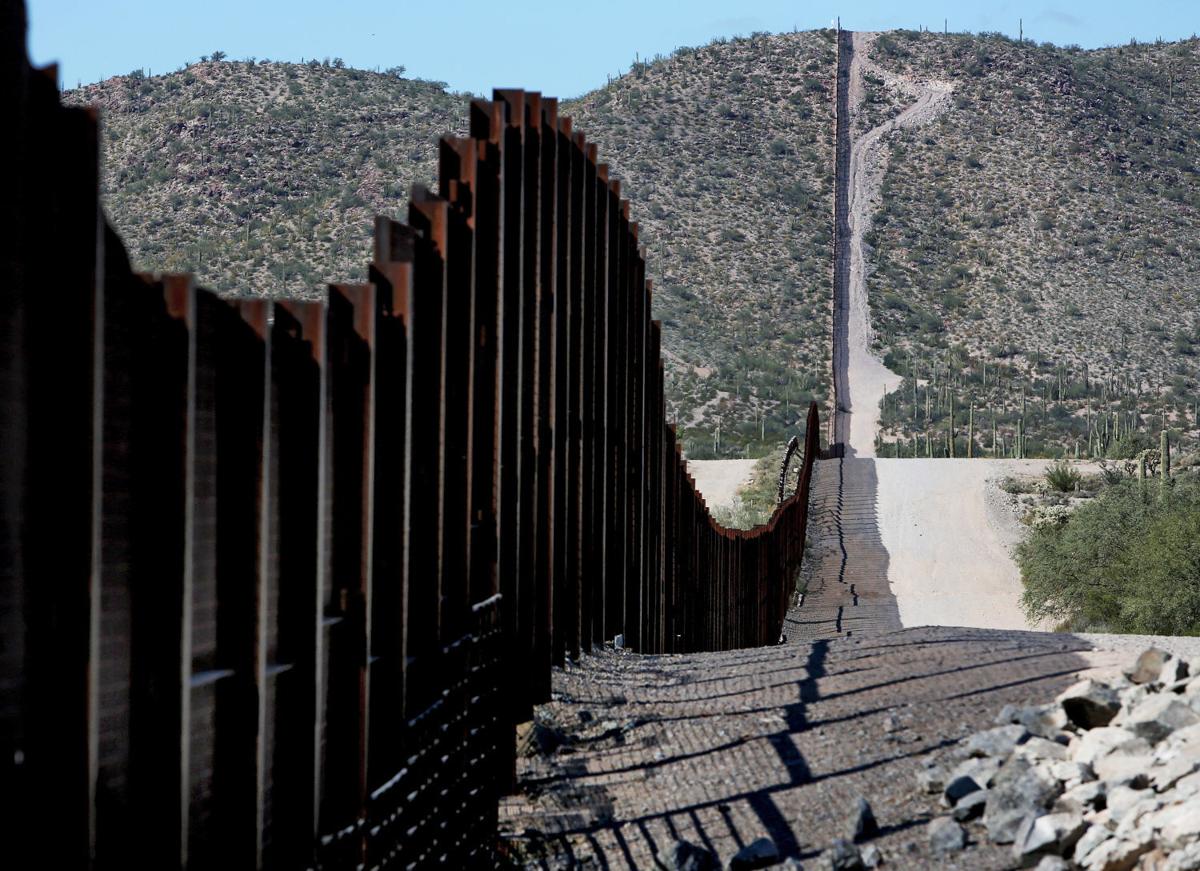I first heard of the term “Sanctuary Movement” from an acquaintance of mine in the early 1980s. He went to Nogales a few times to pick up Salvadorans who were smuggled across the border. It was his way of expressing contempt for the Reagan administration.
The original Sanctuary Movement rationale was that the people being smuggled were refugees created by U.S. Central American foreign policy; therefore, the U.S. was obligated accept them as refugees. U.S. foreign policy is much different today than it was during the Cold War, but the Sanctuary Movement continues in the form of the “Sanctuary City.”
Sanctuary Cities may be loosely defined as cities that seek to shield illegal aliens from deportation, the most common tactic being to simply refuse to cooperate with Immigration and Customs Enforcement (ICE).
While Tucson has not proclaimed itself a Sanctuary City, the local governments and much of the citizenry appear to be on the same page as Los Angeles and San Francisco.
In 2010, Rosa Robles Loreto, a Mexican woman living in Tucson, was pulled over in a traffic stop and found to be residing in the country illegally. After a period of detention and a number of court appearances, she was issued a deportation order. As a last resort, she turned to Tucson attorney Margo Cowan. She went to live at Southside Presbyterian Church, where she “declared sanctuary.” Both her declaration and her presence in a church had no legal significance, but it made great sanctuary theater.
“We Stand With Rosa” yard signs began to sprout up all over town, and both the city of Tucson and Pima County made formal declarations of support for Loreto.
Now, I am sure that the vast majority of Tucsonans share my view that Loreto should be rock-bottom, low-priority with regard to deportation.
She has been living and working here since 1999 with no problems, and the government has some culpability for not identifying and deporting her earlier, before she and her family became established here. Nonetheless, it is an important principle in our rule of law that everyone is treated equally under it, and when one is caught breaking the law, one should expect consequences.
Loreto attended college in Mexico and worked at a bank before moving to the U.S. She certainly knew what she was doing when she decided to flout the law.
The laws of man are not perfect, but they are preferable to the will of a ruler or the rule of the mob.
The Sanctuary Movement may face a serious challenge in the form of the Trump administration. Donald Trump made great inroads in the primaries with his “build a wall and make Mexico pay for it” statement. The people looked beyond the craziness and the bluster and heard, “There will be a tangible commitment to controlling the border,” and they liked what they heard.
In his famous Phoenix speech on immigration, Trump said, “We will be fair, just, and compassionate to all, but our greatest compassion must be for our American citizens,” and the people heard, “The citizenry will be the priority and foreigners will be treated fairly,” and they liked that, too.
So, with his momentum and broad support among the citizenry, will Trump challenge the status quo? Will the Sanctuary Movement be a target? I suspect that the Sanctuary Movement will not back off. It thrives on conflict. As for Trump, any honest person will admit that he is an unknown. It is, however, my hope and my prayer that he will deliver on what the people heard.





